Brown recluse spiders are preyed upon by birds, rodents, and other larger spiders. In addition to their natural predators, brown recluse spiders can also fall victim to insect parasites and certain wasp species that lay their eggs inside the spider’s body.
Brown recluse spiders, scientifically known as loxosceles reclusa, are infamous for their venomous bite and are commonly found in the central and southern united states. While they can be considered a nuisance due to their potent venom, they are not apex predators themselves.
These spiders have a range of natural predators that keep their population in check. From the sky, birds swoop in to feast on these arachnids, while rodents scurry on the ground below to snatch up any brown recluse spider in their path. Even fellow arachnids, such as larger spider species, contribute to controlling the brown recluse spider population. Additionally, insect parasites and specific wasp species can also play a role in reducing brown recluse spider numbers, utilizing the spiders’ bodies as hosts for their eggs. Understanding the predators of brown recluse spiders provides a glimpse into the delicate balance of ecosystems they inhabit.
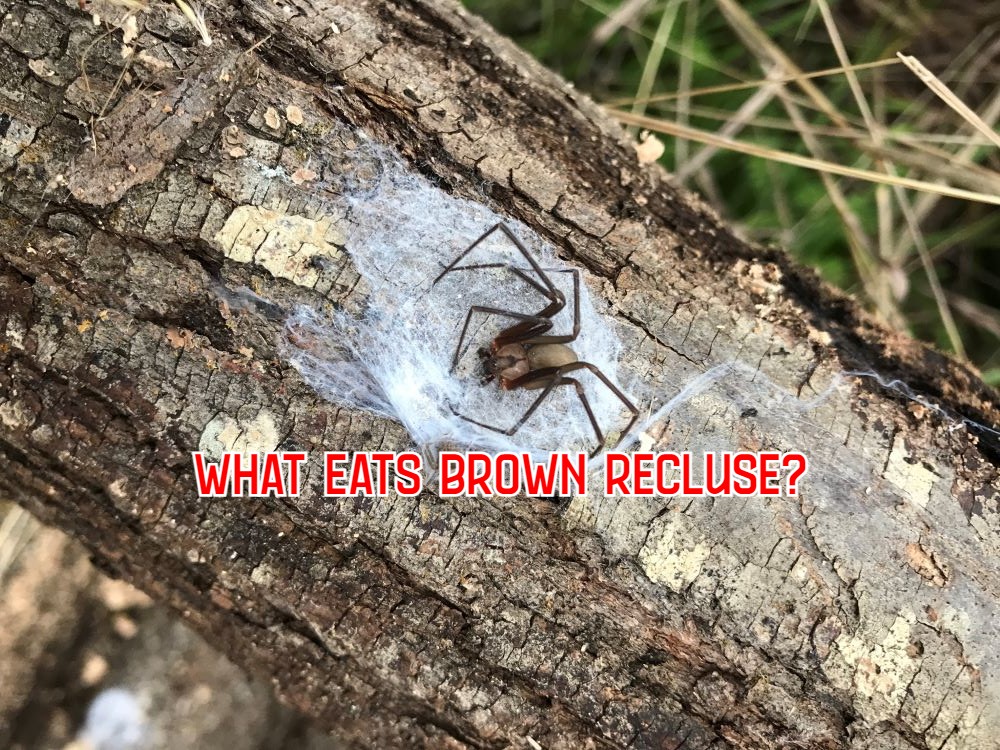
Credit: thepetenthusiast.com
Natural Predators
Brown recluse spiders have natural predators that help control their population. These predators include birds, such as mockingbirds and wrens, as well as other spiders like wolf spiders and orb-weavers. The presence of these predators can provide a natural solution for managing brown recluse spider populations without the need for chemical intervention.
Birds
- Birds are natural predators of brown recluse spiders due to their predatory nature and strong hunting abilities.
- Several bird species prey on brown recluse spiders, helping to control their population in natural ecosystems.
- Some common bird species that feed on brown recluse spiders include:
- Mockingbirds
- Mockingbirds are known to actively search for and consume brown recluse spiders as part of their diet.
- They have a keen sense of sight and agility, allowing them to catch spiders with ease.
- Bluebirds
- Bluebirds have a voracious appetite for insects, including brown recluse spiders.
- Their foraging habits often lead them to encounter and consume these spiders within their natural habitat.
- Woodpeckers
- Woodpeckers are opportunistic feeders and will consume various types of prey, including brown recluse spiders.
- Their ability to peck and extract prey from crevices makes them efficient spider hunters.
- Birds play a crucial role in maintaining a balanced ecosystem by controlling the population of brown recluse spiders.
Insects
- Insects also act as natural predators of brown recluse spiders, helping to keep their populations in check.
- Some insect species that prey on brown recluse spiders include:
- Praying mantises
- Praying mantises are skilled hunters capable of capturing and devouring brown recluse spiders.
- Their strong forelimbs and quick reflexes help them catch these spiders during their foraging activities.
- Spiders in the theridiidae family
- Certain spider species within the theridiidae family, such as the cellar spider, actively hunt and feed on brown recluse spiders.
- They use their web-building skills to construct intricate trap webs that catch and consume these spiders.
- Ground beetles
- Ground beetles are nocturnal predators that feed on a variety of small invertebrates, including brown recluse spiders.
- Their ability to move swiftly and efficiently helps them in capturing and consuming these spiders.
- Natural predators within the insect community help regulate the brown recluse spider population naturally.
Arachnids
- In a surprising turn of events, there are arachnid species that prey on brown recluse spiders, creating a complex dynamic within the ecosystem.
- Spider species that feed on brown recluse spiders include:
- Jumping spiders
- Jumping spiders are among the most common predators of brown recluse spiders.
- With their excellent eyesight and leaping abilities, they are able to track, pounce on, and consume these spiders.
- Wolf spiders
- Wolf spiders are fierce hunters that actively search for and consume brown recluse spiders as part of their diet.
- Their keen sense of vibration helps them locate these spiders within their habitat.
- The presence of arachnid predators adds an additional layer of competition within the ecosystem, as they too vie for the consumption of brown recluse spiders.
Rodents As Predators
Rodents act as natural predators of brown recluse spiders, helping to control their population. These small mammals play a crucial role in maintaining the balance of the ecosystem by consuming these venomous arachnids.
Mice:
- Mice play a crucial role in controlling brown recluse spider populations by acting as their predators.
- These tiny rodents are natural hunters and can help keep the numbers of brown recluse spiders in check.
- Here’s how mice contribute to reducing the presence of brown recluse spiders:
- Mouse behavior and hunting strategies:
- Mice are highly agile and can access narrow spaces where brown recluse spiders tend to hide.
- Their keen sense of smell allows them to detect spider nests and webs.
- Mice use their sharp teeth and claws to capture and kill spiders.
- Mouse diet and spider consumption:
- Brown recluse spiders are a suitable choice of prey for mice due to their relatively small size.
- Mice have the ability to consume live spiders or save them for later if the catch is abundant.
- Their appetite for spiders helps keep brown recluse populations in check.
Rats:
- Just like mice, rats also play a significant role in preying on brown recluse spiders.
- These larger rodents have an even greater impact on controlling spider populations.
- Let’s explore how rats contribute to diminishing the numbers of brown recluse spiders:
- Rat hunting techniques:
- Rats are opportunistic predators and will actively search for spider nests and webs.
- Their agility and nocturnal behavior make them effective at hunting spiders during the night.
- Rats can climb walls and access both indoor and outdoor areas where spiders reside.
- Rat population impact:
- Rats reproduce rapidly, leading to larger populations that can consume a significant number of spiders.
- With an increased presence of rats, the brown recluse spider population faces a greater threat and decline.
- A healthy rat population can help create an environment inhospitable for brown recluse spiders.
By considering the vital roles that mice and rats play in hunting and preying on brown recluse spiders, we can appreciate their contribution to controlling these elusive arachnids.
Other Predators
Brown recluse spiders are prey to a variety of other predators in their ecosystem, including birds, lizards, and certain types of spiders. These predators play an important role in controlling the population of brown recluse spiders and maintaining the balance of the ecosystem.
Brown recluse spiders have a number of natural predators within their ecosystems. These predators play an important role in regulating the brown recluse spider populations, keeping their numbers in check. Let’s take a look at some of the other predators that feed on the brown recluse spiders:
Scorpions:
- Scorpions are arachnids that are known to prey on brown recluse spiders.
- Certain scorpion species have a particular taste for brown recluse spiders, making them effective predators.
- Scorpions use their powerful pincers to immobilize and capture the brown recluse spiders.
Centipedes:
- Centipedes are another group of arthropods that are known to prey on brown recluse spiders.
- Centipedes have venomous claws that they use to inject their prey with venom, incapacitating them.
- Once the brown recluse spiders are immobilized, the centipedes feast on them as a source of sustenance.
Bats:
- Bats are nocturnal creatures that are known for their insectivorous diet.
- Some species of bats include brown recluse spiders in their menu.
- Bats play a significant role in regulating brown recluse spider populations as their feeding habits help control their numbers.
These natural predators of brown recluse spiders provide an effective means of population control. The presence of scorpions, centipedes, and bats helps in reducing the brown recluse spider populations, maintaining a balance in the ecosystem.
Frequently Asked Questions Of What Eats Brown Recluse Spiders
What Are The Predators Of Brown Recluse Spiders?
Predators of brown recluse spiders include birds like blue jays, chickens, and ducks, as well as larger spiders such as wolf spiders and cellar spiders. Other potential predators include scorpions, centipedes, and certain wasps. These natural hunters play an important role in controlling the population of brown recluse spiders.
Do Brown Recluse Spiders Have Any Natural Enemies?
Yes, brown recluse spiders have natural enemies such as birds, other spiders, and insects. These predators help to regulate the population of brown recluse spiders and keep their numbers in check. Predatory insects like wasps and centipedes are also known to feed on brown recluse spiders.
Can Cats And Dogs Eat Brown Recluse Spiders?
While it is not common for cats and dogs to actively seek out and eat brown recluse spiders, they may accidentally come into contact with them. The venom of brown recluse spiders can be harmful to pets, so it is important to keep them away from these spiders and seek veterinary care if necessary.
How Do Brown Recluse Spiders Defend Themselves Against Predators?
Brown recluse spiders have a few defense mechanisms to protect themselves from predators. They rely on their camouflaging coloration to blend into their surroundings and avoid detection. If they feel threatened, they may bite as a defensive response. Additionally, they can retreat to secluded areas or their webs to escape from predators.
Are There Any Animals That Are Immune To Brown Recluse Spider Bites?
There are no known animals that are completely immune to brown recluse spider bites. However, some animals may have a higher tolerance for the venom or may have less severe reactions. It is important to note that while some animals may be less affected by the venom, they can still experience discomfort or ill effects from the bite.
Conclusion
Understanding the natural predators of brown recluse spiders is crucial for effective pest control. By knowing what creatures feed on these spiders, we can implement natural methods to reduce their populations without resorting to harmful chemicals. Spiders such as dwarf cobras, ground beetles, and jumping spiders are known to prey on brown recluse spiders, making them valuable allies in keeping their numbers in check.
Additionally, other larger predators like birds, lizards, and small mammals also contribute to controlling the spider population. It’s important to create a balanced ecosystem in our surroundings to allow these predators to thrive, as they play an essential role in maintaining the delicate ecological balance.
By understanding and promoting the natural predators of brown recluse spiders, we can create a safer and pest-free environment for ourselves and our surroundings.

“My name is Leo Jacob, and I hold a Bachelor of Science degree with Honors in Applied Environmental Science and Sustainability from the University of the West of Scotland. Since childhood, I’ve been passionate about living an eco-friendly life. After completing my studies, I dedicated myself to finding simple ways to lead a more environmentally conscious lifestyle. I launched ecolifely.com to share my educational background and practical experiences with everyone, hoping to inspire others to join me in creating a greener, more sustainable world.”




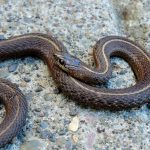
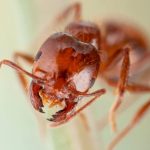
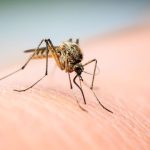
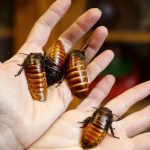
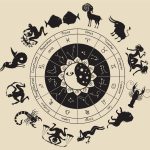


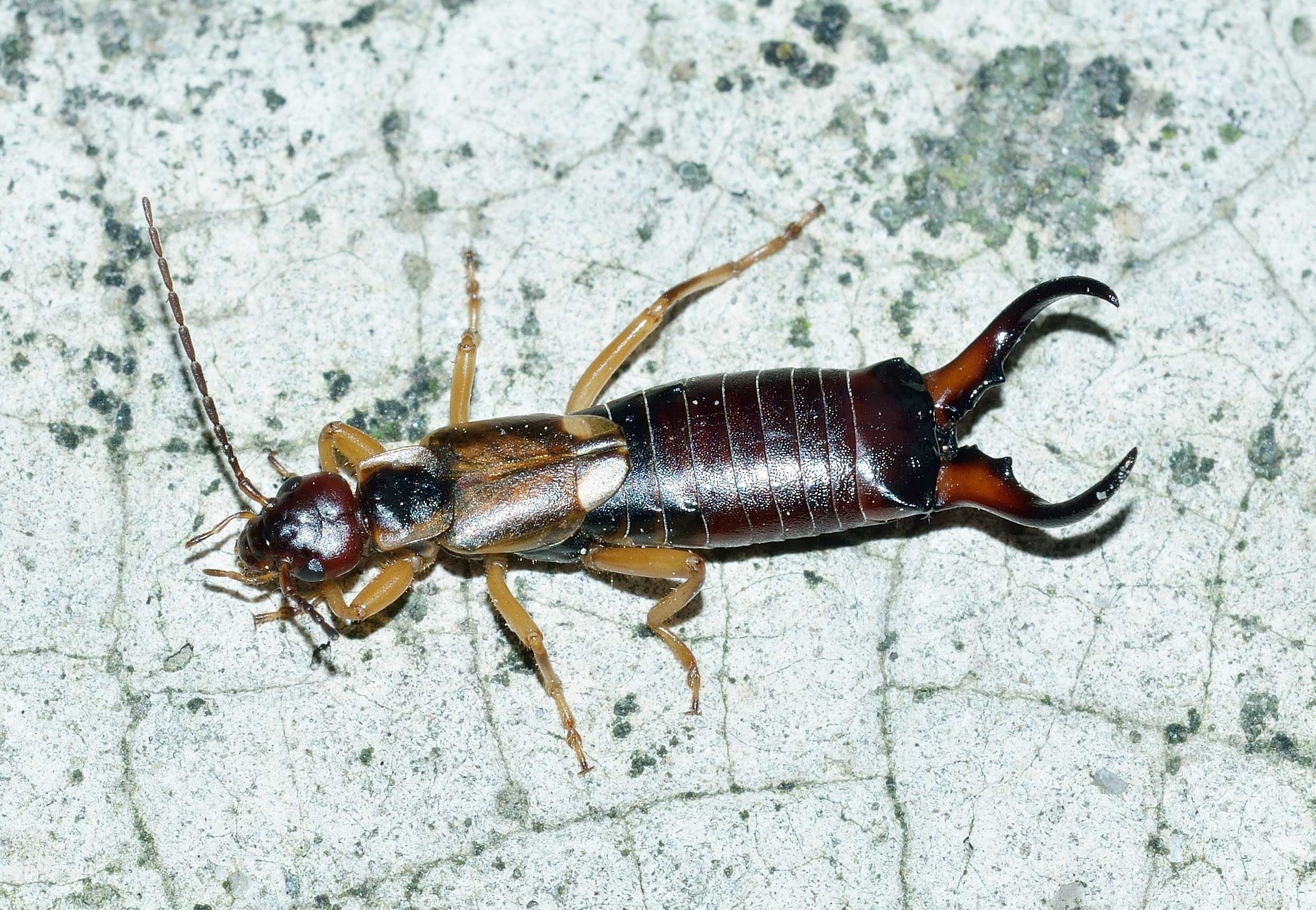
Leave a Reply